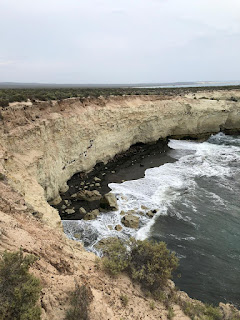Science, society and money

But it's gonna take money, A whole lot of spending money. It's gonna take plenty of money, To do it right, child. It's gonna take time, A whole lot of precious time. It's gonna take patience and time, To do it, to do it, to do it, to do it, to do it, To do it right! George Harrison (1943-2001) Much has been written on the fact that doing (good) science requires money. Essays have looked at how much countries invest in science as function of the GDP , how much of this investment comes from the private sector and even some indication of productivity stems from socio-economic analysis, often carried out by the academic community . Papers produced by dollar invested, papers by scientist or the number of scientists per inhabitant are examples of this. Also, monetary return ratios per units of investment are showcased to highlight the contribution of science to the economy. Productivity indicators are called for because the scientific community uses-to a very var...





